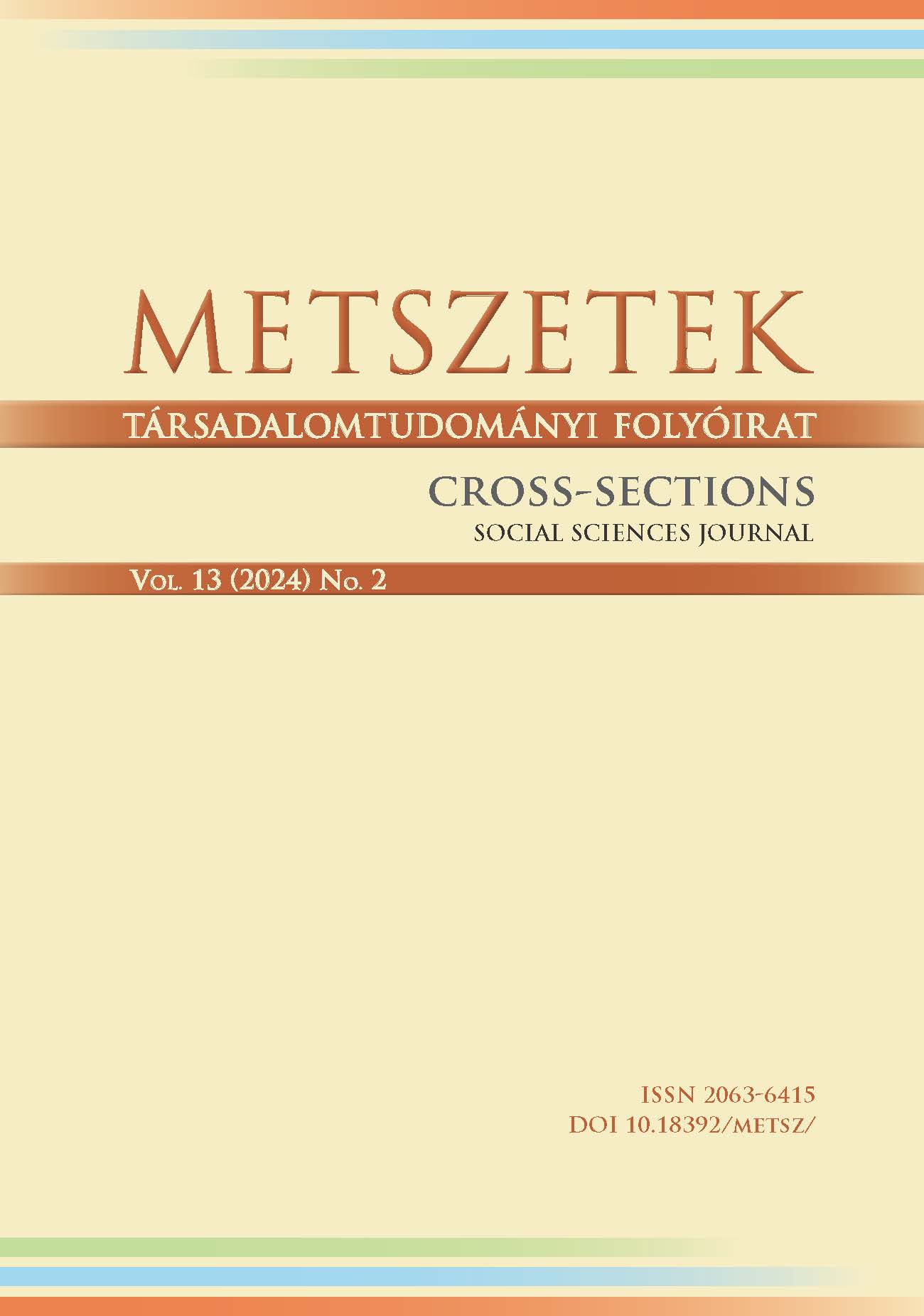Factors Influencing Long-Term International Mobility of Academics – Participants, Motivations, Destination Countries
Author
View
Keywords
License
Copyright (c) 2024 CROSS-SECTIONS Social Science Journal

This work is licensed under a Creative Commons Attribution 4.0 International License.
A CC BY licence alkalmazása előtt megjelent cikkek esetében (2020 előtt) továbbra is a CC BY-NC-ND licence az érvényes.
How To Cite
Abstract
A significant portion of studies on the internationalization of higher education is student-centred, focusing on the number of international students at universities, foreign language courses, international collaborations, and participation in Erasmus-type student and faculty exchange programmes. In contrast, the examination of faculty mobility, particularly long-term mobility, is a less explored area. Since long-term mobility is generally organized by the faculty member through individual applications, institutions often lack centralized databases on the participants, numbers, and destination countries, making research on the topic challenging. The aim of the current paper is to review and summarize the international literature on long-term international faculty mobility, as well as the results of comprehensive international studies spanning multiple countries. The cited studies highlight international trends in mobility: main directions, the proportion of participants, their age, fields of science, gender distribution, and destination countries. The paper also points out significant differences between countries.

 https://doi.org/10.18392/metsz/2024/2/5
https://doi.org/10.18392/metsz/2024/2/5





